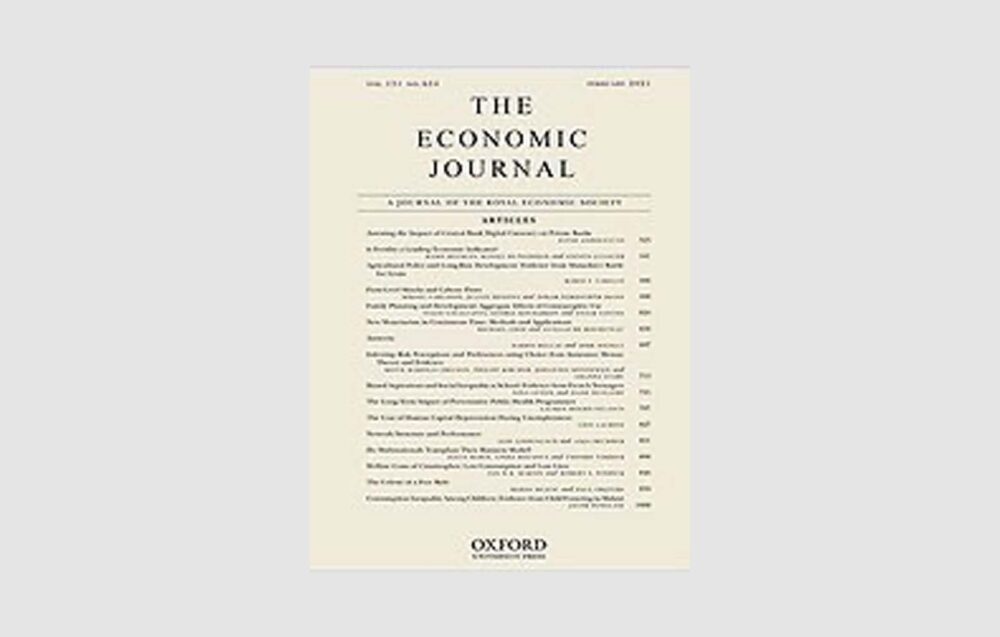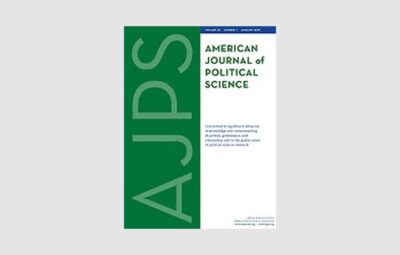1It is argued that crises open up a window of opportunity to implement policies that otherwise would not have the necessary political backing. The argument goes that the political cost of deep reforms declines as crises unravel structural problems that need to be urgently rectified and the public is more willing to bear the pains associated with such reforms. This paper casts doubt on this prevalent view by showing that not only the crises-reforms hypothesis is unfounded in the data, but rather crises are associated with slowing structural reforms depending on the institutional environment. In particular, we look at measures of liberalization in international trade, agriculture, network industries, and financial markets. We find that, after a financial crisis, democracies neither open nor close their economy. On the contrary, autocracies reduce liberalizations in multiple economic sectors, as the fear of regime change might lead nondemocratic rulers to please vested economic interests.
Policies in Hard Times: Assessing the Impact of Financial Crises on Structural Reforms
Joint with Gunes Gokmen, Massimiliano Onorato, and Chris Papageorgiou

